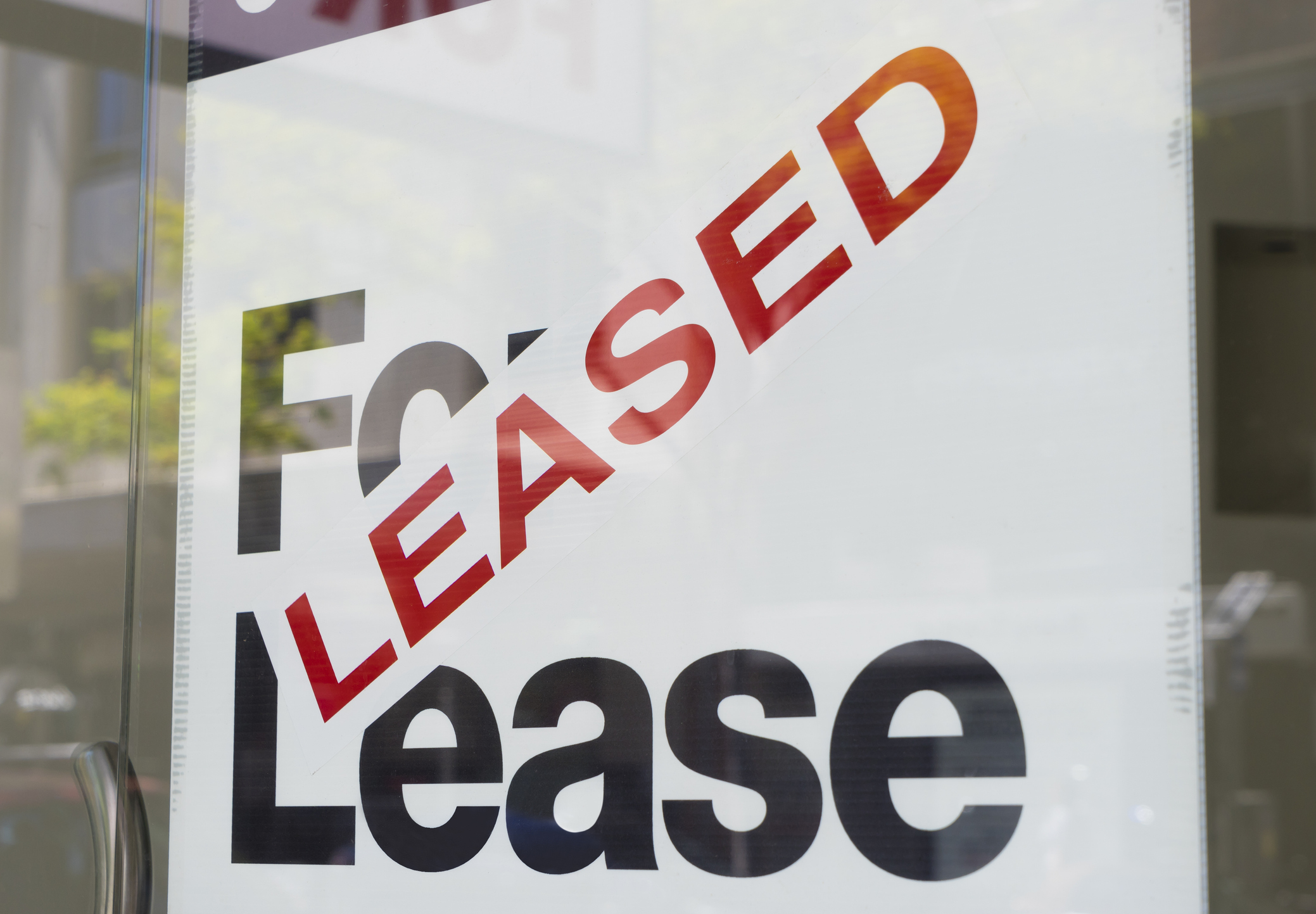Leasing Commercial Space – 5 Considerations for Tenants

So you’ve found the perfect space to rent for your new business and now it’s time to secure the space by entering into a lease with the landlord. This can be an overwhelming process for a new commercial tenant as there are many things to consider when entering into a lease and, unfortunately, too many to cover in one article. However, this article will discuss 5 important considerations for commercial tenants to think about when looking to lease commercial space.
1) Is the Offer to Lease Conditional?
Before entering into a formal lease agreement, the landlord and tenant will typically first execute an offer to lease, which lays out the basic terms that both parties agree to, include in the formal lease. In the offer to lease, the landlord may require that the tenant agree to sign the Landlord’s standard form lease agreement, subject to any changes that are required to incorporate the provisions of the offer to lease. As the tenant, you don’t want to agree to sign the landlord’s standard form lease without seeing exactly how the basic terms have been incorporated, as well as the other provisions that weren’t contemplated in the offer to lease. As a result, you should make the offer to lease conditional on both parties agreeing on the contents of the standard form lease and any proposed changes you may have after reviewing it. This way, you’re not locking yourself into anything by signing the offer to lease without first seeing and reviewing the formal lease agreement.
2) Gross Lease Versus Net Lease
It’s important to be aware of whether your lease will be a gross lease or net lease and if a net lease, to what extent. If your lease is strictly gross, then you’re generally only responsible for paying the basic rent amount plus utilities. A fully net lease on the other hand can require the tenant to also pay for additional items such as property taxes, insurance, building repairs and maintenance, and any other charges related to the operation of the building in which the tenant’s leased space is situated.
3) Exclusivity
Exclusivity can be an important consideration for any tenant who is looking to lease retail space. If renting retail space in a building that is already occupied by other retail tenants, the landlord will likely require a provision be included in your lease preventing you from operating as a certain type of retailer or selling certain items because a current tenant of the building has already been granted the exclusive right to do so within the building. Conversely, as a retail tenant you may want to include a provision in your lease granting you specific exclusivity. For example, if you’re operating a bakery, you may want to prevent the landlord from renting space to another bakery or prevent other tenants from selling certain baked goods etc.
4) Delays in Possession
If the landlord is offering a new commercial space or a space that requires work to be done before the tenant can take possession but after the lease is signed, the landlord may include a provision in the lease allowing the landlord to delay the tenant’s possession date in the event the landlord is unable to deliver vacant possession on the scheduled date due to the work not yet being completed. As the tenant, if you’re planning to take possession of your new space on a certain date, it can be very frustrating and perhaps costly for your business if your possession date is delayed for a significant period of time. Consequently, you may want to include a provision in the lease that sets a cap for when vacant possession must ultimately be delivered by the landlord. If possession is not delivered by this specified end date, then you are given the right to terminate the lease without cost or penalty.
5) Leasehold Improvements
Leasehold improvements are generally any fixtures, decorations, improvements, installations, alterations or additions that a tenant may make to the leased space throughout the term of the lease. These leasehold improvements could be specific to the tenant’s business or simply improve the use and operation of the space. It’s important to be aware that the landlord may want to include a provision in the lease that requires the tenant to remove any and all leasehold improvements that the landlord demands at the end of the lease term, at the sole expense of the tenant. The cost of removal and restoration of the space can be quite high. Provided that the space is in good condition, you as the tenant may want to negotiate the right the leave the space as-is at the end of the lease term.
In the next article on commercial leases, we will look at other important lease considerations including term and options to extend, reps and warranties, change of control, sub-leases and hours of operation.
If you have questions about commercial leases or are looking to sign a long-term lease, please get in touch.
 Kentt Coburn
Kentt Coburn



